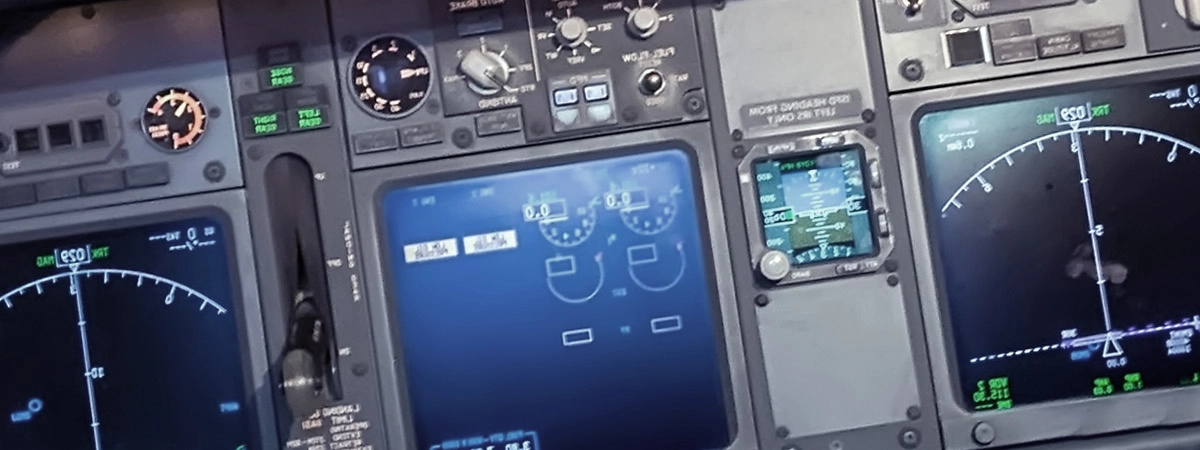IEC 60945 Environmental Testing of Marine Navigation & Radio Equipment
The International Electrotechnical Commission (IEC) Standard 60945 is a pivotal document for the testing and certification of marine navigation and radio equipment. This standard ensures that devices comply with environmental conditions they will encounter during operation, thereby enhancing their reliability and safety. The scope includes a variety of tests aimed at assessing how equipment performs under extreme temperatures, humidity, salt spray, vibration, and other maritime-specific challenges.
Marine navigation and communication systems are crucial for the safe operation of ships and vessels. These systems must withstand harsh environmental conditions that can vary widely depending on geographic location, season, and operational context. The IEC 60945 standard provides a framework to ensure these devices meet stringent performance criteria under all relevant environmental conditions.
The testing process involves subjecting the equipment to simulated environmental stresses using specialized laboratories equipped with advanced test chambers capable of replicating real-world scenarios. This includes temperature cycling, humidity exposure, salt fog immersion, vibration testing, and more. Each parameter is critical in ensuring that the equipment functions correctly under expected operational conditions.
Compliance with IEC 60945 is not just a technical requirement; it is also an essential part of quality assurance processes for manufacturers, especially those involved in the maritime sector. By adhering to this standard, companies can demonstrate their commitment to providing robust and reliable products that meet international safety standards.
Understanding the intricacies of IEC 60945 helps stakeholders make informed decisions about product development, procurement, and quality assurance. This knowledge ensures that all parties involved are aware of the necessary testing procedures and how they impact device performance in challenging environments.
- Environmental Testing: Ensures equipment reliability under extreme conditions.
- Temperature Cycles: Simulates variations between hot and cold climates during operation.
- Salt Fog Exposure: Tests resistance to corrosion from salt-laden environments like coastal areas.
- Vibration Testing: Evaluates durability against mechanical stresses encountered at sea.
- Humidity Levels: Assesses ability to function properly in humid conditions common near water bodies.
The IEC 60945 standard plays a critical role in safeguarding lives and assets by ensuring that marine navigation equipment operates reliably even when subjected to adverse environmental factors. Compliance helps manufacturers meet regulatory requirements while also building customer trust through proven quality assurance practices.
Why It Matters
The importance of IEC 60945 cannot be overstated in the context of marine navigation and communication systems. These devices are often deployed in some of the harshest environments on earth, where extreme temperatures, humidity, salt spray, and other factors pose significant challenges to their performance.
Compliance with this standard ensures that equipment can withstand these environmental conditions without failure, enhancing overall safety at sea. It also contributes significantly to reducing maintenance costs by identifying potential issues early in the product lifecycle through rigorous testing.
From a broader perspective, adherence to IEC 60945 fosters international cooperation and harmonization of technical requirements across different regions and countries. This standardization promotes interoperability among various pieces of equipment used within the maritime industry, ultimately leading to safer operations for ships and vessels globally.
In summary, compliance with IEC 60945 is essential not only from a safety standpoint but also as part of broader efforts towards enhancing global maritime standards. By ensuring that navigation and communication systems meet specified environmental performance levels outlined by this standard, stakeholders can rest assured knowing they are using reliable equipment capable of functioning effectively under challenging circumstances.
Why Choose This Test
Selecting IEC 60945 environmental testing for your marine navigation or radio equipment offers numerous advantages, making it an indispensable tool for manufacturers aiming to produce robust products. Compliance with this standard demonstrates a commitment to quality and reliability, which are paramount in the maritime industry.
By choosing IEC 60945 testing, you can:
- Ensure Product Reliability: Prove that your equipment can perform consistently under adverse conditions.
- Meet Regulatory Requirements: Stay ahead of changing regulations and standards.
- Enhance Customer Trust: Build confidence among purchasers who value safety and performance.
- Foster Innovation: Identify potential areas for improvement that can lead to better designs.
- Reduce Maintenance Costs: Early detection of issues through testing minimizes costly repairs down the line.
In addition, choosing IEC 60945 testing signals leadership within your industry and sets a benchmark for excellence. It positions your company as a trusted partner in the maritime sector, ready to deliver dependable solutions regardless of operational challenges faced at sea.
Ultimately, selecting IEC 60945 environmental testing is about more than just meeting compliance requirements—it's about ensuring long-term success by providing products that can withstand whatever nature throws their way. By investing in this crucial step early on, you lay the foundation for sustained reliability and customer satisfaction throughout your product lifecycle.





